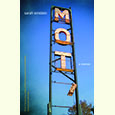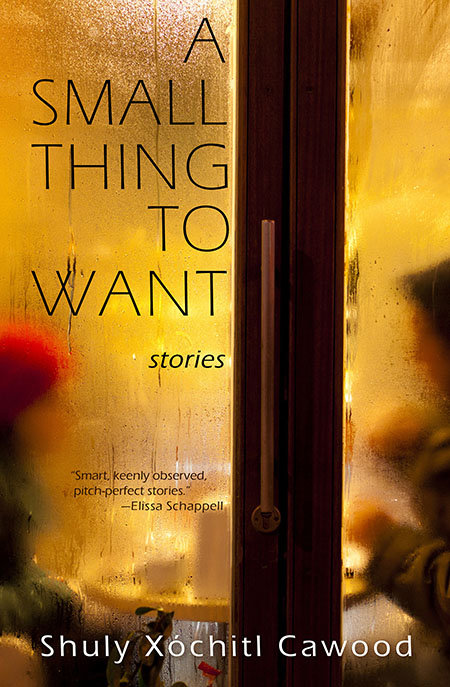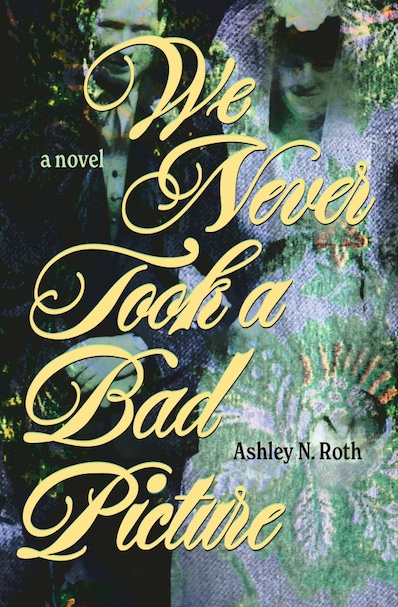Old Hickory’s Revenge
Steve Berry’s latest thriller puts Andrew Jackson at the center of a historical mystery
Historical curiosities—unusual deaths, strange laws, secret hiding places—have long inspired people to wonder “what might have happened if…?” Some, like author Steve Berry, have found ways to make good money from these historical oddments by theorizing about the sinister possibilities that lie in the footnotes of ancient books and the corners of old buildings. In Berry’s eleventh novel, The Jefferson Key, he has, for the first time, turned his speculative talents to America, where a strange and potentially menacing legal provision lies hidden in plain sight—in Article I of the constitution.
 On January 30, 1835, Andrew Jackson walked out of the capitol building and into the path of a man determined to kill him. In an apparently miraculous deliverance, Jackson’s life was spared by the misfiring of both his attacker’s pistols. Old Hickory walked away, unscathed but angry, the vengeful survivor of the first assassination attempt against an American president. Four other chief executives—Lincoln, Garfield, McKinley, and Kennedy—weren’t so lucky. Berry takes these facts and weaves them into a thriller-requisite grand conspiracy. What if, he wonders, these violent acts were somehow connected? What if their commonality lay in the constitutional provision for the issuing of letters of marque to privateers? And what if, in a wonderful twist, Andrew Jackson had made good on a speculative, but very believable promise that “there’d be hell to pay” as a result of the attempt on his life?
On January 30, 1835, Andrew Jackson walked out of the capitol building and into the path of a man determined to kill him. In an apparently miraculous deliverance, Jackson’s life was spared by the misfiring of both his attacker’s pistols. Old Hickory walked away, unscathed but angry, the vengeful survivor of the first assassination attempt against an American president. Four other chief executives—Lincoln, Garfield, McKinley, and Kennedy—weren’t so lucky. Berry takes these facts and weaves them into a thriller-requisite grand conspiracy. What if, he wonders, these violent acts were somehow connected? What if their commonality lay in the constitutional provision for the issuing of letters of marque to privateers? And what if, in a wonderful twist, Andrew Jackson had made good on a speculative, but very believable promise that “there’d be hell to pay” as a result of the attempt on his life?
In The Jefferson Key, the seventh of the Cotton Malone series, the action whipsaws from New York to North Carolina to Monticello to Nova Scotia, as former Treasury Department agent Malone rushes to beat the bad guys to crucial documents hidden by Jackson and protected by a nearly impenetrable—and very real—cipher once used by Thomas Jefferson. (Unlike other thriller writers, Berry clearly separates fact from fiction in his now traditional author’s note.) Malone is accompanied, as usual, by the beautiful and capable Cassiopeia Vitt and supported by the now lame-duck President Danny Daniels. The Jefferson Key is as full of double-crosses, over-the-top action sequences, and retort-quipping characters as any three James Bond movies. And Berry, in the creation of modern-day pirate Quentin Hale, will not disappoint the legions of his fans who have come to expect truly nasty villains. The story is a ride so wild that even Berry seems to notice when, about halfway through, he writes, “Malone was surprised they’d made it this far.” True, but that kind of improbability is exactly what makes thrillers like The Jefferson Key so much fun.


